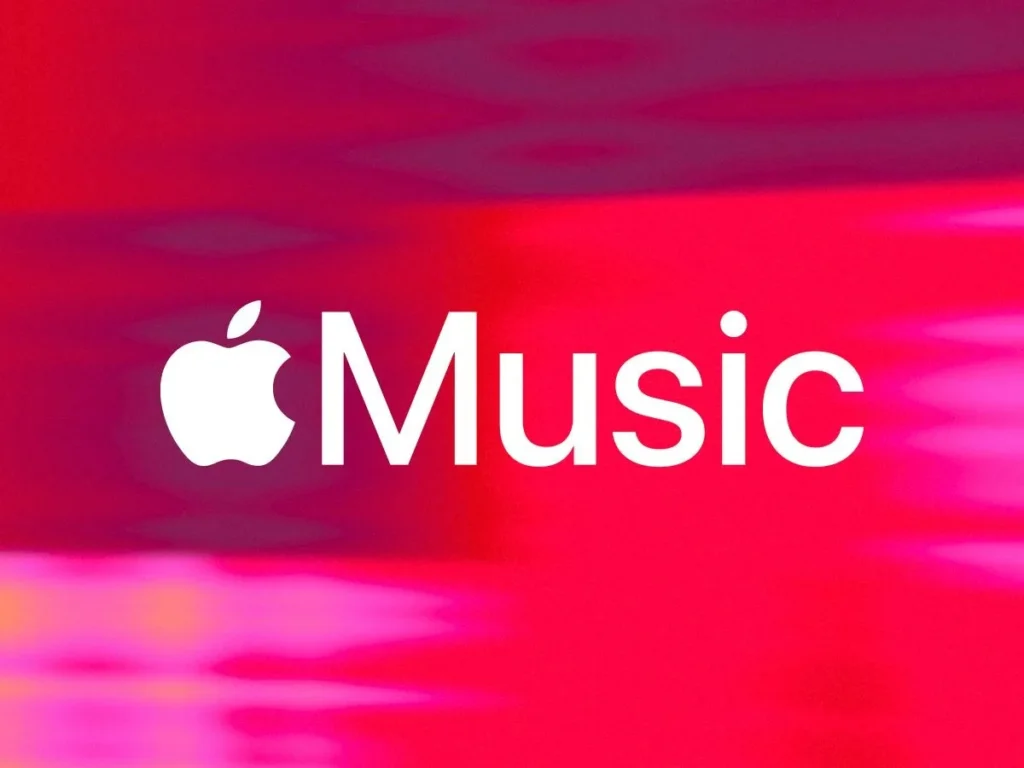Apple has announced the global rollout of its automatic playlist and music library transfer tool to Apple Music.
After a testing phase in Australia and New Zealand in May, followed by a limited release in the United States and a few other countries in August, the tool is now available almost everywhere that Apple Music is offered — with notable exceptions including mainland China, Myanmar, and Russia.
Apple Music: Transfer Your Music in Just a Few Clicks
Switching streaming services can be daunting due to the fear of losing carefully curated playlists. Apple addresses this concern by now allowing users to:
- Automatically import their songs, albums, and playlists from competing services like Spotify, Amazon Music, Deezer, Tidal, and YouTube Music.
- Manage the process directly from an iPhone or iPad through Settings > Apps > Music > Transfer Music from Other Services.
- Retain their original libraries: nothing is deleted from the previous service.
Apple has collaborated with SongShift to implement this solution, which is already known to music migration enthusiasts. When certain songs are not available in the Apple Music catalog, they show up as “Needs Review,” allowing the user to choose an alternative version.
A Strong Argument to Attract Spotify and Other Users
One of the significant barriers to switching platforms has finally been removed. According to Apple, only user-created music and playlists can be transferred — third-party editorial playlists cannot be transferred.
This new feature could encourage many subscribers frustrated with the limitations or costs of other services to try Apple Music. For reference, the platform already claims to have over 100 million tracks available, with an emphasis on audio quality (Lossless, Dolby Atmos, Spatial Audio).
A Nearly Global Rollout
Aside from three exceptions (China, Myanmar, Russia), this feature is now accessible in nearly all Apple Music markets. This strategy could strengthen the growth of Apple Music against Spotify, the market leader, which is currently facing criticism over its recent price hikes.




